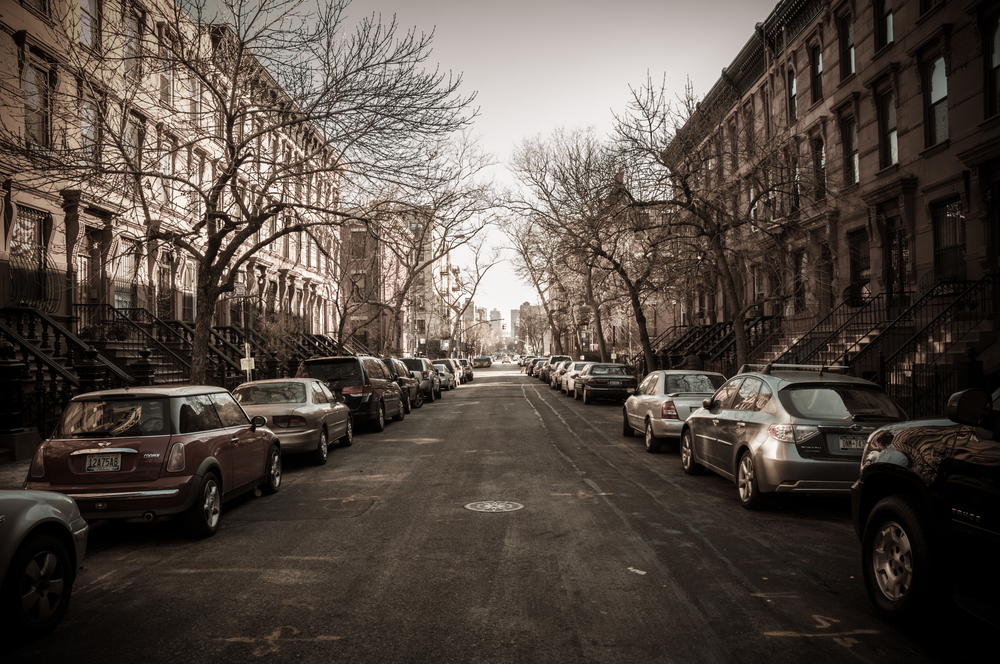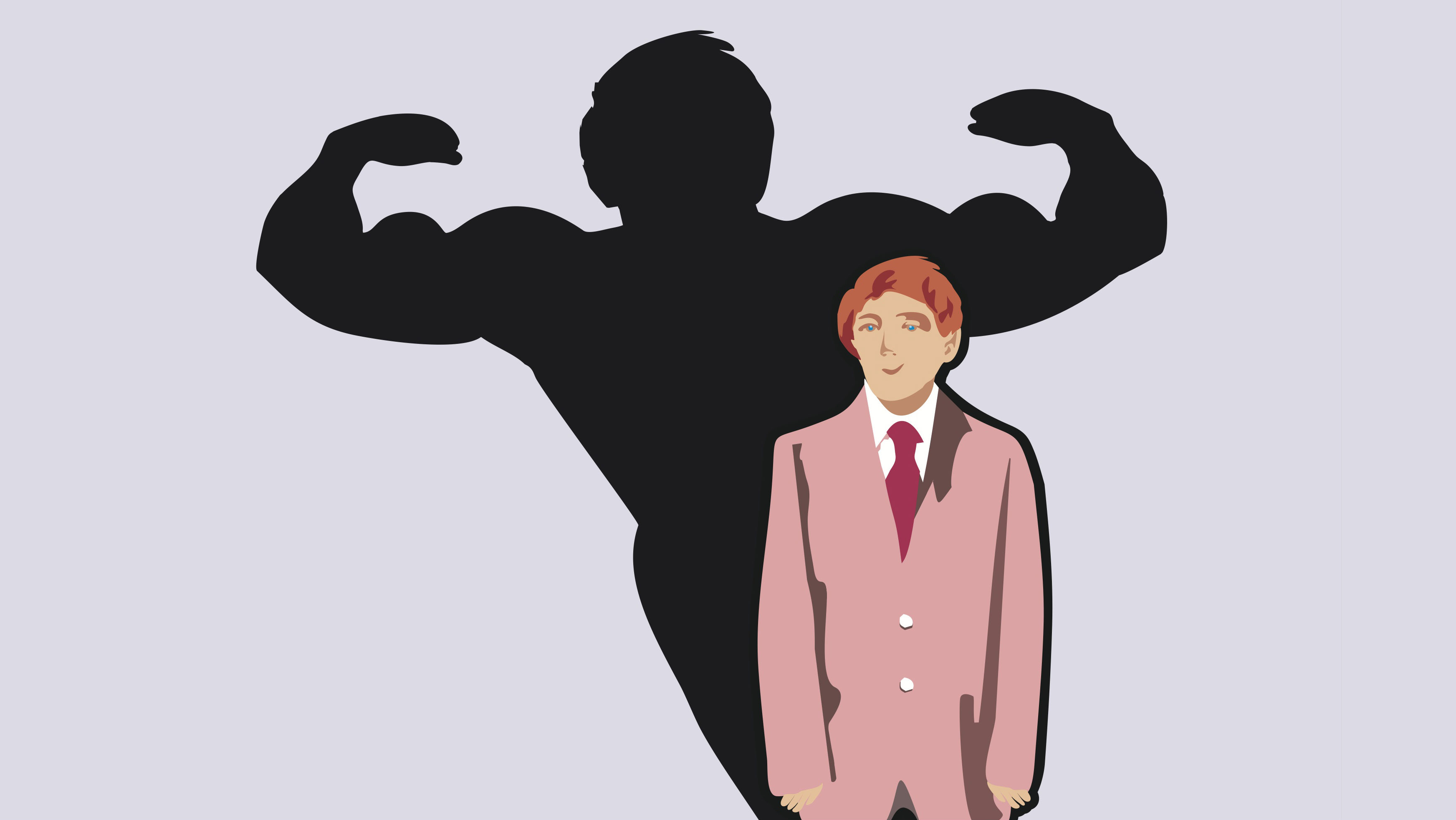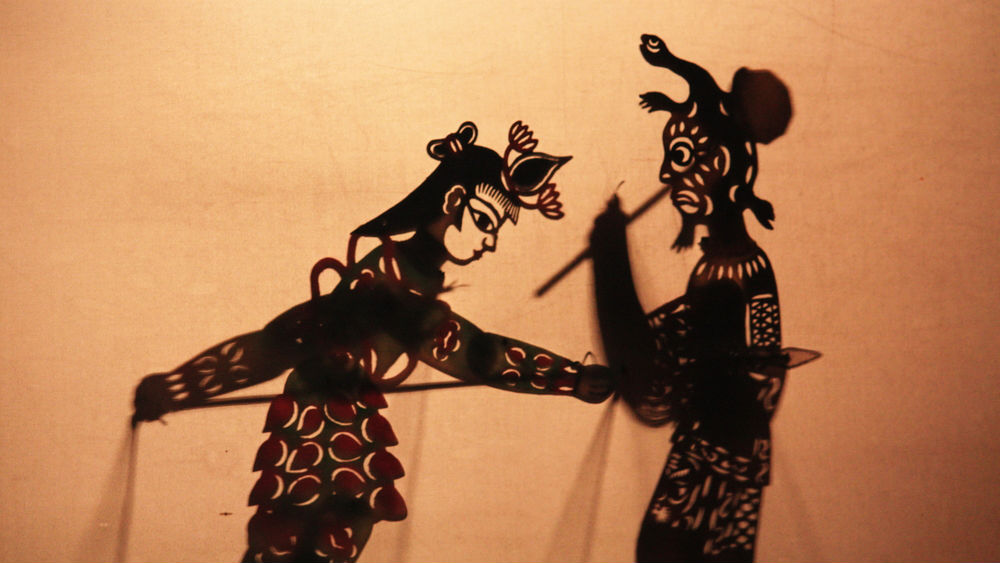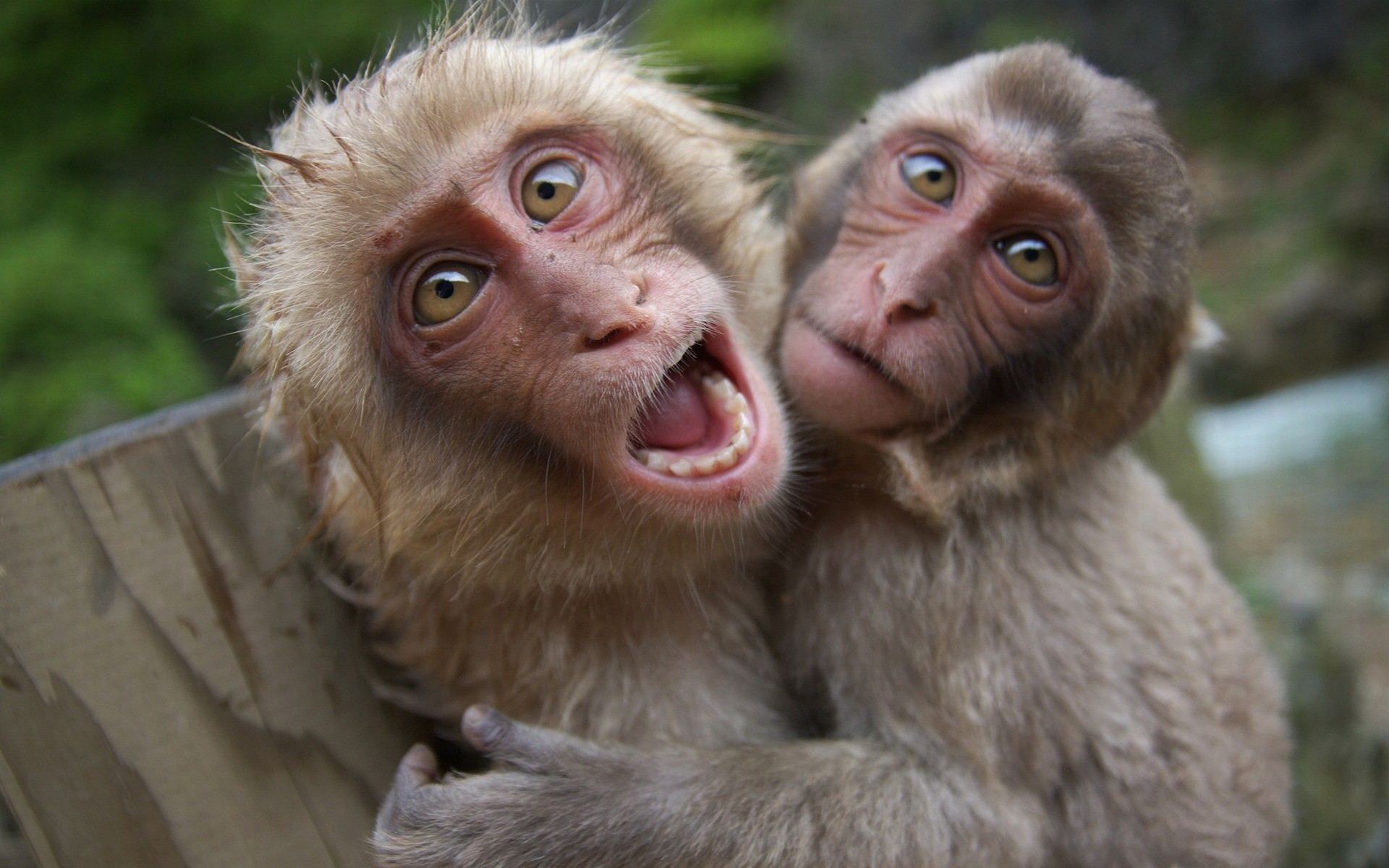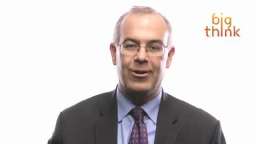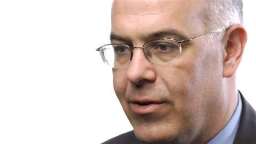David Brooks
New York Times Columnist
David Brooks is a New York Times columnist who writes on politics and culture. Prior to joining The Times in 2003, Brooks wrote for the Washington Times, the Wall Street Journal and The Weekly Standard.
Brooks’s books include Bobos In Paradise: The New Upper Class and How They Got There (2000), in which Brooks combined the words bohemian and bourgeois to coin the term ‘Bobo’ in order to describe today’s corporate upper class, the descendants of the yuppies. Brooks argues this marriage between bohemian and bourgeois represents a fusion of the liberal idealism of the 1960s with the self-interest of the 1980s.
Four years later Brooks published On Paradise Drive: How We Live Now (And Always Have) in the Future Tense (2004). The thesis of this book connects the material drives of the American middle class with its focus on the future. Brooks’s new book is called The Social Animal: The Hidden Sources of Love, Character, and Achievement, published in March 2011. The Social Animal deals primarily with what drive individuals' behavior and decision making and how we form our emotions and character.
Brooks’s books include Bobos In Paradise: The New Upper Class and How They Got There (2000), in which Brooks combined the words bohemian and bourgeois to coin the term ‘Bobo’ in order to describe today’s corporate upper class, the descendants of the yuppies. Brooks argues this marriage between bohemian and bourgeois represents a fusion of the liberal idealism of the 1960s with the self-interest of the 1980s.
Four years later Brooks published On Paradise Drive: How We Live Now (And Always Have) in the Future Tense (2004). The thesis of this book connects the material drives of the American middle class with its focus on the future. Brooks’s new book is called The Social Animal: The Hidden Sources of Love, Character, and Achievement, published in March 2011. The Social Animal deals primarily with what drive individuals' behavior and decision making and how we form our emotions and character.
If you want to change a culture, what you have to do is try to change everything all at once.
You have good teachers of all different personality types, all different sizes and shapes. And so this is an art, this is not a science.
What you remember from your high school teachers is not so much the curriculum, you remember the way of being that teacher possessed.
I think we need tests and we need to apply those tests to individual teachers, to individual schools, to individual students and to individual parents.
Some of the things we need to do to really make school a more emotionally addictive place.
You don’t want to be so modest that you don’t’ do anything, and just sit there like a puddle, but when you do things, you constantly want to be checking for your own biases.
That thing which we call culture, which is sort of the zeitgeist, the feel of an atmosphere is really hard to count and measure, and very hard to put into numbers. And yet it tends to be the most important thing.
There are certain traits that we don’t pay much attention to, but which actually do explain success. So, for example, one of them you would call mind sight, which is […]
if you’re stuck in a bad marriage with bad behavior, then do things, certain habits that you do every day that you would never do otherwise.
▸
1 min
—
with
If we took a much more supple view of how the world actually works, we wouldn’t spend all our time trying to break everything apart to study the details.
▸
2 min
—
with
